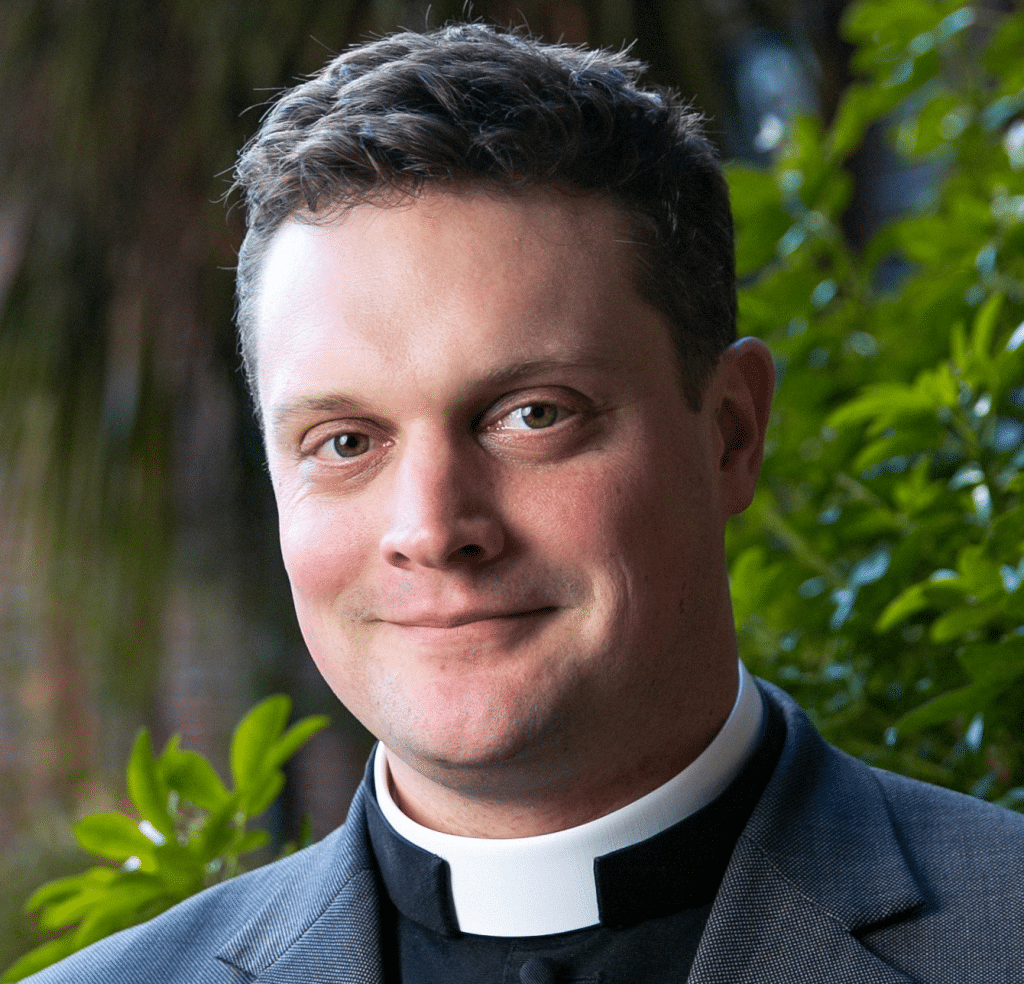
By Stephen Cauchi
4 February 2022
AUSTRALIAN Anglican responses have been mixed to a proposal offering more votes to members of the worldwide Anglican Communion in future elections of the Archbishop of Canterbury.
In January Archbishop’s Council secretary general released a consultation document seeking views of Anglicans on possible changes to the process for discerning future holders of the office of Archbishop of Canterbury.
Specifically, the secretary general suggested an increase in the number of Anglican Communion members from outside the United Kingdom on the Crown Nominations Commission. This commission advises the Prime Minister of the United Kingdom on the appointment to the office of Archbishop of Canterbury.
In Australia, responses to the proposal have varied.
University of Divinity vice-chancellor Peter Sherlock expressed opposition for the idea, saying it was a waste of time. He said he doubted the changes would ever happen, as the legacy of COVID-19 and decline in membership were much bigger priorities for the church.
Professor Sherlock said the Church of England’s historic authority – a legacy of Empire – was long gone. He said the Archbishop of Canterbury had very little power in the global Anglican communion, instead being fundamentally the primate of the Church of England.
“What would Anglicans in Australia think if the Church of England had a say in who the primate of Australia was?” he asked.
Professor Sherlock said the move also suggested the Archbishop of Canterbury should be something like an Anglican Pope, a concept rejected by the 39 Articles of the Anglican faith.
Read more: Should Melbourne abandon synod elections for its archbishops?
He said it was up to each national Anglican church to make its own decisions about leadership.
But he said greater involvement in the global Anglican Communion could be expressed by rotating the chair of the primates’ meeting, or the presidency of the Anglican Consultative Council.
Consultation documents state that the rationale for the proposed changes is to increase representation of the Anglican Communion on the CNC, as the Archbishop of Canterbury is the nominal head of the global Anglican Communion, but elected mainly by members of the Church of England.
Of the 16 Crown Nominations Committee members who nominate the archbishop, only one member represents the Anglican communion outside of England.
Under the proposed changes, there would be 17 CNC members, five of whom would represent the Anglican Communion outside of England.
The Anglican Communion has 41 provinces worldwide – including Australia, where the primate is Archbishop of Adelaide Geoffrey Smith.
The Archbishop of Canterbury does not have any authority over the other provinces or primates, but is regarded is “first among equals”.

According to the document, Archbishop Welby estimates that 25 per cent of his job is spent on global Anglican Communion responsibilities.
“It is important to recognise that many of the national church responsibilities of the Archbishop are also closely bound in with communion responsibilities, as is his public voice,” the document states.
“Current issues of global concern – the environmental crisis, migration, health-related matters (HIV, COVID etc) – call for a communion-wide response and engagement.”
The document also states that as the Church of England’s role within the Anglican Communion was rooted in England’s colonial history, it could not escape asking why a British cleric should always be the first among equals.
It suggests that the five representatives of the global communion could come from one of the Americas, the Middle East and Asia, Africa, Oceania (including Australia) and Europe.
The Anglican churches of Wales, Scotland and Ireland would not be represented under the proposal.
Professor Sherlock said the suggested regions were one of the weakest points of the proposal, as Anglican national churches were nor formally grouped into the five areas named.
He said it was also deeply unfair to exclude the Anglican churches of Wales, Scotland and Ireland from participating.
In contrast St Agnes’ Glen Huntly vicar Reverend Dr Alexander Ross said he broadly supported the proposal.
Dr Ross said he had completed PhD under the supervision of former Archbishop of Canterbury Rowan Williams covering archiepiscopal authority and the member churches of the Anglican Communion – the issues being discussed.
He said there was certainly justification for increased international involvement in the selection of the Archbishop of Canterbury.
Dr Ross said the average Anglican was under 30, female, and lived in the developing world, and this should be represented on the Crown Nominations Commission.
He said the change was absolutely not about making the Archbishop of Canterbury an Anglican Pope.
But Dr Ross said he disagreed with exclusion of the Anglican churches of Scotland, Ireland and Wales from the selection process under the proposal.
“Considering the significant role the Archbishop of Canterbury has within the whole of the United Kingdom it seems mad that these churches be excluded – surely room can be found for their representation,” he said.
The consultation process was announced in January by the Church of England’s Archbishops’ Council. It will run until 31 March.
The Archbishop’s Council will consider the feedback and if they decide on a final proposal, it will be voted on by General Synod in July.
To download the consultation document, visit tinyurl.com/5dysz4ru






